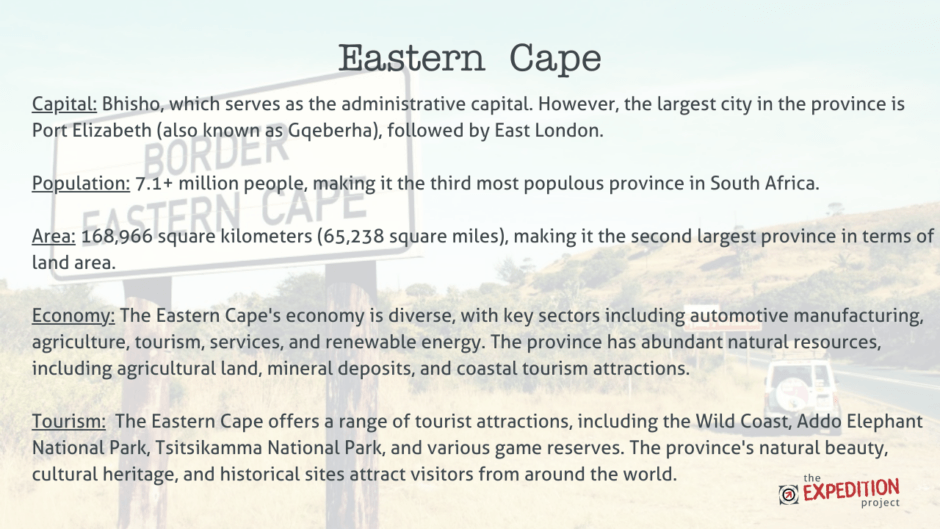
Location: The Eastern Cape is located in the southeastern part of South Africa, bordering the Indian Ocean. It shares borders with KwaZulu-Natal, Free State, Western Cape, and the neighbouring country of Lesotho.
Capital: The capital city of the Eastern Cape is Bhisho, which serves as the administrative capital. However, the largest city in the province is Port Elizabeth (also known as Gqeberha), followed by East London.
Nelson Mandela: The Eastern Cape is the birthplace of Nelson Mandela, the iconic South African anti-apartheid leader and former President of South Africa. Mandela’s childhood home in Qunu has become a popular tourist attraction.
Wild Coast: The Eastern Cape is home to the scenic Wild Coast, a stretch of rugged coastline known for its unspoiled beauty, pristine beaches, and traditional Xhosa culture. It offers opportunities for hiking, fishing, and cultural experiences.
Nelson Mandela Bay: Nelson Mandela Bay Metropolitan Municipality, which includes Port Elizabeth, is a major economic and industrial hub in the Eastern Cape. It is home to a thriving automotive industry, among other sectors.
Natural Beauty: The Eastern Cape boasts diverse natural landscapes, including the Drakensberg Mountains, Addo Elephant National Park, Tsitsikamma National Park, and the Amathole Mountains. It offers opportunities for outdoor activities and eco-tourism.
Education: The Eastern Cape is home to several universities and educational institutions, including Nelson Mandela University, Rhodes University, and Walter Sisulu University. These institutions contribute to the educational development of the province.
Cultural Heritage: The Eastern Cape has a rich cultural heritage, with a significant Xhosa population. The province celebrates traditional customs, ceremonies, and festivals, providing visitors with insights into the local culture.
Governance: The Eastern Cape has its own provincial government, led by a Premier and a Provincial Parliament. It has its own legislative and executive powers, enabling it to address the specific needs and challenges of the province.
Nelson Mandela Museum: The Nelson Mandela Museum, located in Qunu and Mthatha, showcases the life and legacy of Nelson Mandela. It is an important cultural institution that attracts visitors from around the world.
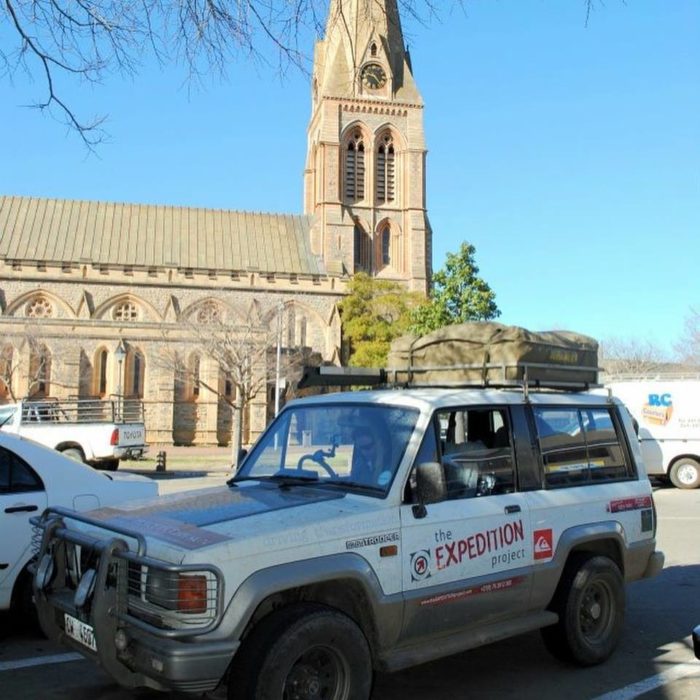
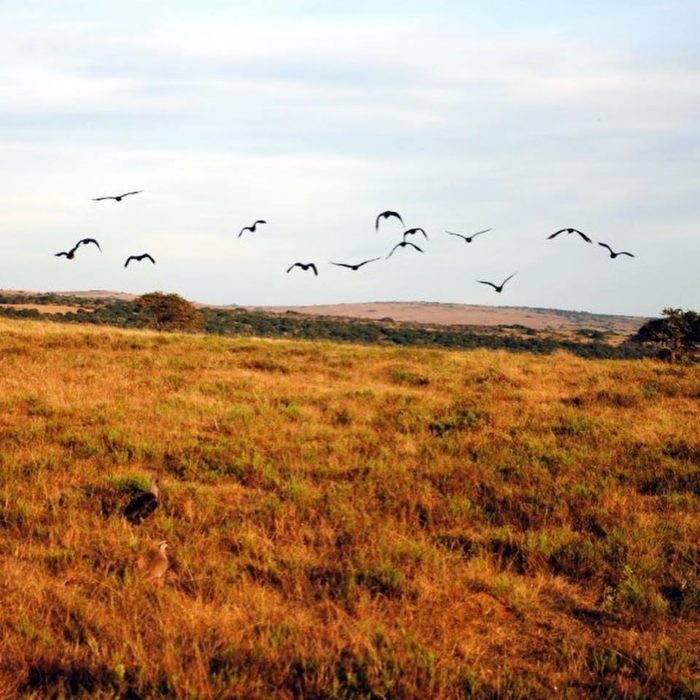
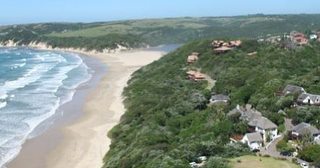

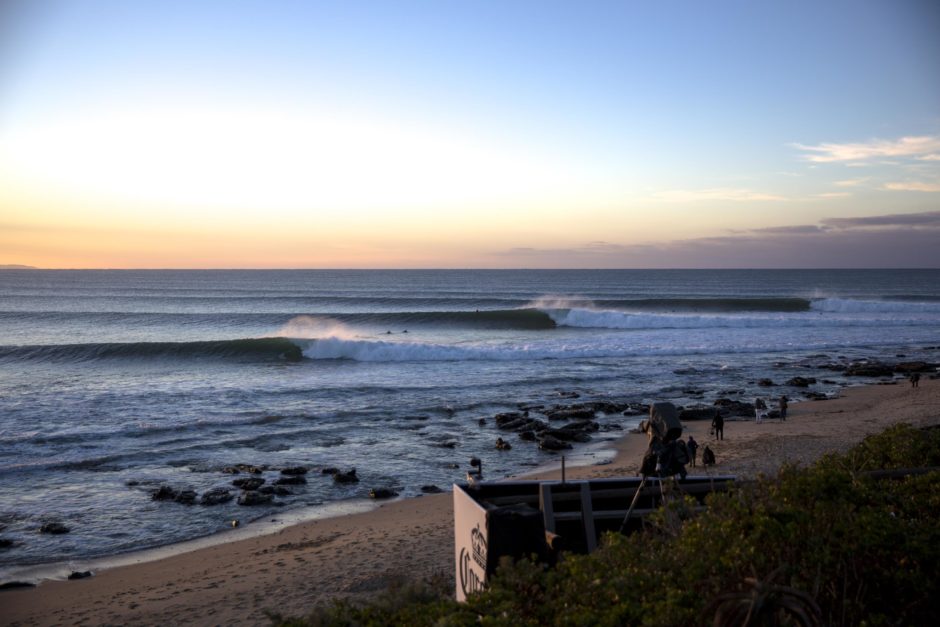
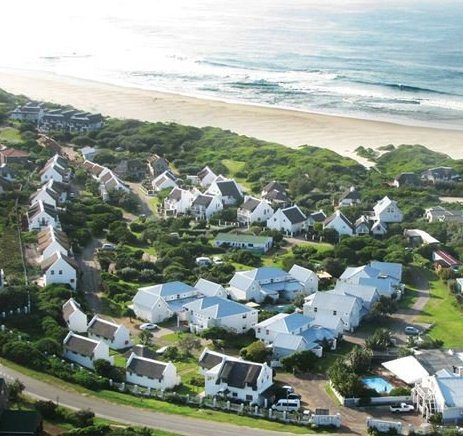
Population: As of 2021, the estimated population of the Eastern Cape is approximately 7.1 million people, making it the third most populous province in South Africa.
Area: The Eastern Cape covers an area of approximately 168,966 square kilometres (65,238 square miles), making it the second-largest province in land area.
Economy: The Eastern Cape’s economy is diverse, with key sectors including automotive manufacturing, agriculture, tourism, services, and renewable energy. The province has abundant natural resources, including agricultural land, mineral deposits, and coastal tourism attractions.
Unemployment: Unemployment is a significant challenge in the Eastern Cape, as in many other parts of South Africa. The province has been working towards promoting economic development, job creation, and skills development to address this issue.
Health: The Eastern Cape has healthcare facilities, including hospitals and clinics, to cater to the healthcare needs of its population. The province has been working to improve access to healthcare services, particularly in rural and underserved areas.
Agriculture: The Eastern Cape has a significant agricultural sector, known for the production of livestock, maize, citrus fruits, wool, dairy products, and vegetables. The province also has a growing sector in game farming and conservation.
Tourism: The Eastern Cape offers a range of tourist attractions, including the Wild Coast, Addo Elephant National Park, Tsitsikamma National Park, and various game reserves. The province’s natural beauty, cultural heritage, and historical sites attract visitors from around the world.
Crime: Crime rates in the Eastern Cape may vary across different regions within the province. Like other urban areas in South Africa, crime does exist, and certain areas may have specific safety concerns.




Leave a Reply
You must be logged in to post a comment.